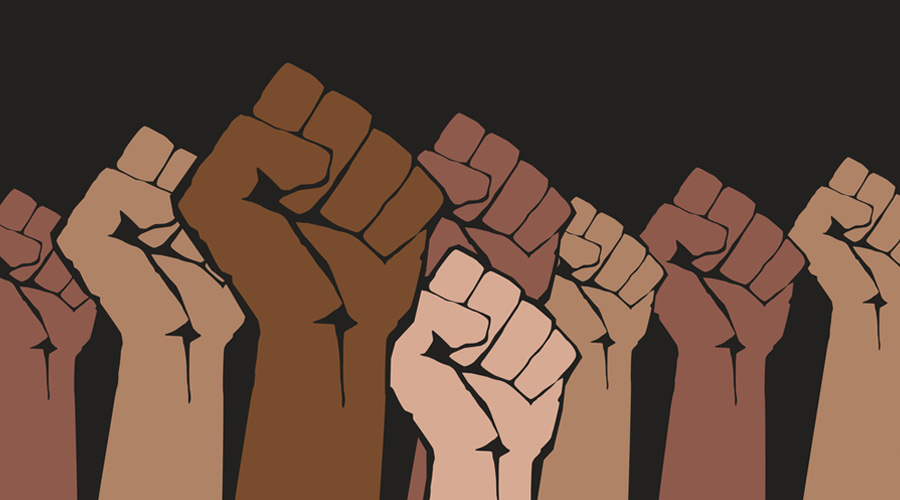The triumph and trouncing of political parties dominate the public narrative as well as analyses of elections. The political fate of parties is important: but it need not be the be all and end all of electoral contests in a democracy. There are other aspects of poll results that are equally important and, hence, deserve examination. The prevailing social trends, which complement political outcomes, are one such area that merit reflection. The general consensus after the Bharatiya Janata Party’s dominance in the last round of assembly elections is that a form of shrill nationalism, the kind perfected by the proponents of Hindutva, has won the battle against old political equations forged on the basis of identities such as caste. Uttar Pradesh is being held up as the principal example in support of this theory where the Samajwadi Party’s traditional reliance on caste arithmetic seems to have floundered, yet again. But is this really the end of identity politics in the heartland?
A keener perusal would reveal an answer that is not necessarily in the affirmative. The ground reality supports such a proposition. Akhilesh Yadav’s failure to forge a rainbow caste alliance — the BJP won the lion’s share of the OBC votes, once again — can be explained by the latter’s perverse success in fusing two different kinds of identity — one ascriptive, the other religious. This only goes to show that identity politics and, more worryingly, the rhetoric of development have simply evolved into a more toxic form of identitarianism manifest in the majoritarian ethic called Hindutva. Hindutva and a fluid caste alliance are, in a manner of speaking, the BJP’s double engine of growth. Much is being made about the success of the Aam Aadmi Party’s welfare model in Punjab. It is being argued that the AAP’s emphasis on issues of governance could, in the future, be a credible alternative to the BJP’s kamandal formula. It remains to be seen whether the AAP’s template is representative of the rights of minorities — a crucial hallmark in India’s pluralist, democratic set-up. The noises that the AAP made during the riots in Delhi do not inspire much confidence.
The real worry lies elsewhere. Narrow nationalism may be an irrepressible political formula in the short-run. But history, in India and the world, is witness to its eventual failure. This is because the nationalist project is unlikely to succeed unless it incorporates the principle of social justice. And justice demands accommodation and empowerment of the disadvantaged. The challenge to the BJP’s political hegemony and exclusionary social welfarism would lie in the ability of its rivals, be they the regional parties or a national outfit, to champion the cause of universal social justice. Wholesome transitions in India’s political trajectory materialized whenever collective movements for social justice took shape. There is no reason to think that history will not repeat itself — but not as tragedy or farce.











